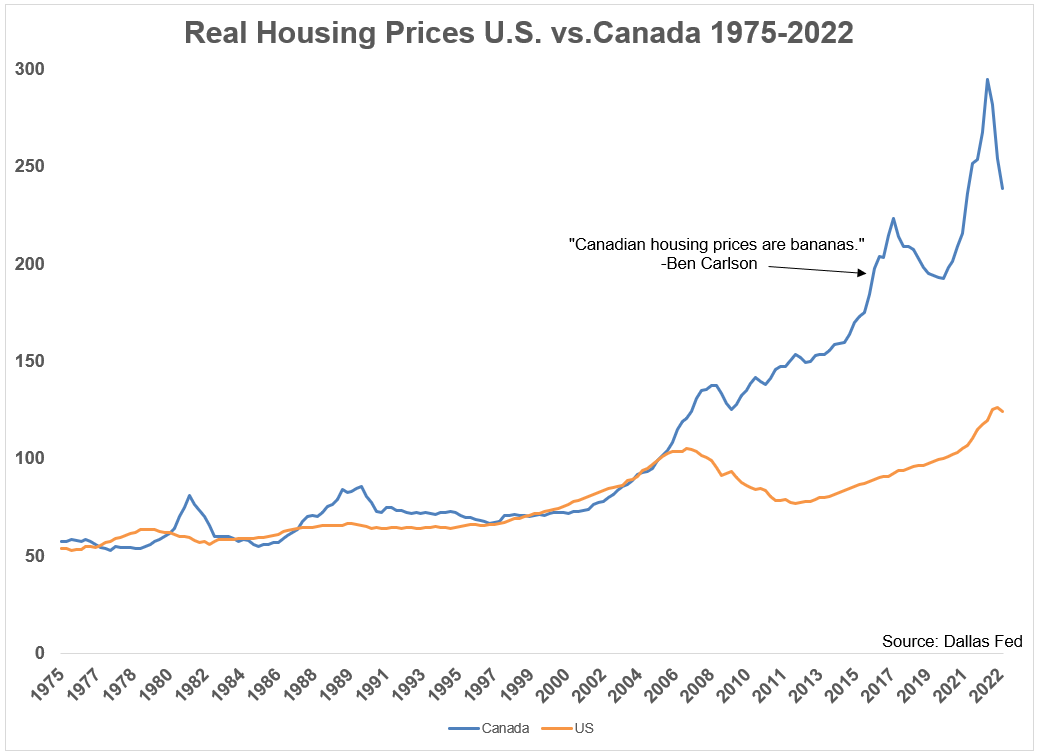The Glossy Mirage: A Deeper Look At Its Effects

Table of Contents
The Psychological Impact of the Glossy Mirage
The constant bombardment of heavily edited images creates a distorted perception of reality, significantly impacting our psychological well-being. This "glossy mirage" effect has profound consequences for our self-esteem and mental health.
Body Image Distortion and Dissatisfaction
Over-edited images create unrealistic beauty standards that are virtually impossible to achieve. This constant exposure contributes to negative body image and low self-esteem, particularly among young people. The pressure to conform to these ideals is immense, leading to:
- Increased rates of body dysmorphia and eating disorders: The relentless pursuit of the "perfect" body, as portrayed in these images, fuels dissatisfaction and can trigger or worsen existing eating disorders.
- The rise of cosmetic procedures: The desire to match these unrealistic standards leads many to seek costly and often unnecessary cosmetic procedures.
- Intensified social comparison: Platforms like Instagram and TikTok exacerbate the problem, creating a constant environment of social comparison that fuels feelings of inadequacy. The carefully curated lives presented online often mask the reality of the individuals behind them.
Mental Health Concerns
The pursuit of unattainable perfection fueled by the glossy mirage is a significant contributor to anxiety and depression. The constant pressure to look a certain way, coupled with the inevitable feelings of inadequacy that arise from comparing oneself to digitally altered images, can have devastating consequences. These concerns include:
- Increased anxiety and depression: The relentless pressure to achieve an unrealistic ideal leads to chronic stress and can manifest as anxiety and depression.
- Low self-worth and self-esteem: Constant comparison to airbrushed images erodes self-confidence and promotes feelings of inadequacy.
- Cyberbullying and online harassment: Social media platforms can become breeding grounds for cyberbullying and harassment, further exacerbating mental health challenges.
Strategies for building resilience and maintaining a healthy self-image include practicing self-compassion, focusing on inner strengths, and limiting exposure to heavily edited content. Seeking professional help is crucial when dealing with severe body image issues or mental health concerns.
The Social and Cultural Effects of the Glossy Mirage
The pervasive influence of the glossy mirage extends beyond individual mental health, shaping our social interactions and cultural values.
Impact on Relationships
The pressure to conform to unrealistic beauty standards can significantly strain relationships. This impact is seen across various social circles:
- Increased competition and comparison: Individuals may find themselves competing with each other based on the curated images they present online, leading to strained relationships.
- Damaged self-confidence and intimacy: The constant striving for an unattainable ideal can damage self-confidence, making it challenging to form and maintain healthy intimate relationships.
- Negative impact on family dynamics: The pressure to conform to unrealistic beauty standards can also affect family relationships, creating tension and conflict.
The focus shifts from genuine connection to superficial comparisons, impacting the quality of friendships, romantic relationships, and family dynamics.
Influence on Consumerism and Marketing
The glossy mirage is a powerful engine driving consumerism and shaping marketing strategies. Companies heavily rely on these images to sell products:
- Fueling consumer spending: The unrealistic images create a desire for products and services that promise to help individuals achieve this unattainable ideal.
- Manipulative marketing tactics: Advertising campaigns often utilize heavily edited images to create unrealistic expectations and pressure consumers to buy products.
- Ethical implications: The use of heavily edited images raises ethical concerns about honesty and transparency in marketing.
However, a growing number of companies are embracing more inclusive and realistic imagery, recognizing the need for authentic representation.
Combating the Glossy Mirage: Strategies for a Healthier Perspective
Breaking free from the constraints of the glossy mirage requires a multifaceted approach, focusing on media literacy, building self-esteem, and seeking support when needed.
Media Literacy and Critical Thinking
Developing critical thinking skills is essential in navigating the digital landscape responsibly:
- Analyzing images and recognizing editing techniques: Learning to identify filters and editing techniques helps in discerning the reality behind the images.
- Understanding the role of filters and photo editing software: Recognizing the pervasive use of filters and editing software helps to understand the artificiality of many online images.
- Awareness of manipulative advertising tactics: Being aware of how marketing strategies leverage unrealistic images can help in resisting the pressure to conform.
By actively engaging in critical thinking, individuals can develop a more realistic and nuanced understanding of online imagery.
Promoting Positive Self-Image and Body Acceptance
Building self-esteem and embracing self-acceptance are crucial for counteracting the negative effects of the glossy mirage:
- Self-compassion and positive self-talk: Practicing self-compassion and positive self-talk helps build resilience and counter negative self-perception.
- Focus on inner qualities and achievements: Shifting the focus from outward appearance to inner qualities and achievements promotes a healthier sense of self-worth.
- Importance of diverse representation: Supporting diverse representation in media helps to challenge unrealistic beauty standards and promotes body positivity.
Seeking Support and Professional Help
Recognizing the signs of body dysmorphia and other mental health issues is crucial:
- Identifying symptoms of body dysmorphia and other mental health concerns: Understanding the signs of these conditions enables timely intervention.
- Seeking professional help from therapists, counselors, and healthcare providers: Professional help is essential for addressing severe body image issues and mental health challenges.
- Utilizing support groups and community resources: Support groups and community resources offer valuable support and connection.
Conclusion
The "glossy mirage" of over-edited images presents a significant challenge to our well-being and societal values. Understanding its psychological, social, and cultural impacts is crucial for navigating the digital landscape responsibly. By promoting media literacy, fostering positive self-image, and seeking support when needed, we can collectively dismantle the harmful effects of the glossy mirage and create a more realistic and healthy representation of beauty. Let's strive for authentic self-expression and reject the unrealistic ideals perpetuated by over-edited images. Take control of your perception and break free from the constraints of the glossy mirage – your mental health depends on it.

Featured Posts
-
 Lwkarnw Ykrm Jaky Shan Bjayzt Alinjaz Mda Alhyat
May 07, 2025
Lwkarnw Ykrm Jaky Shan Bjayzt Alinjaz Mda Alhyat
May 07, 2025 -
 Official Play Station Podcast 512 Exploring The True Blue Story
May 07, 2025
Official Play Station Podcast 512 Exploring The True Blue Story
May 07, 2025 -
 Cobra Kais Early Days Josh Heald Shares His Initial Series Pitch
May 07, 2025
Cobra Kais Early Days Josh Heald Shares His Initial Series Pitch
May 07, 2025 -
 The Return Of John Wicks Most Underrated Character Is It Time
May 07, 2025
The Return Of John Wicks Most Underrated Character Is It Time
May 07, 2025 -
 Recession Anxiety Impacts Canadian Housing Market Bmo Report Reveals
May 07, 2025
Recession Anxiety Impacts Canadian Housing Market Bmo Report Reveals
May 07, 2025
